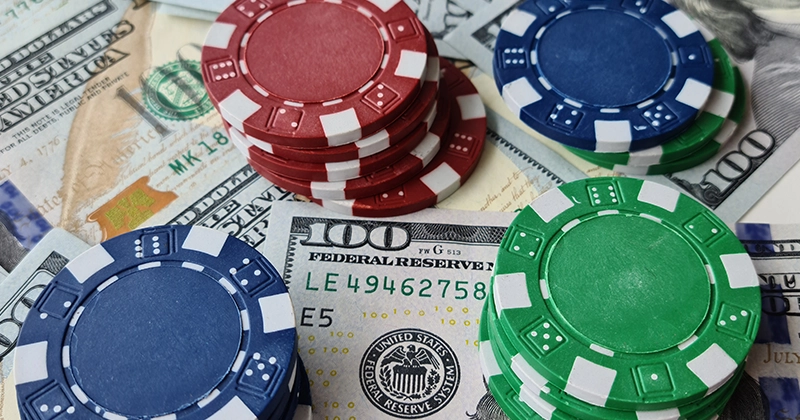
Poker is a popular card game that has been played for centuries, and its popularity continues to grow to this day. While luck plays a significant role in poker, the game also requires skill, strategy, and psychological awareness to be successful in the long run. Many professional poker players have developed a range of different strategies that they use to outsmart their opponents and improve their chances of winning.
These strategies can include anything from reading opponents’ body language and bluffing to understanding the mathematical probabilities of different hands and making smart bets. In this article, we will explore some of the most popular and effective poker strategies that can help you take your game to the next level.
If you are a poker player, you know that bluffing is an essential skill.
After all, it can help you win more hands, increase your chances of winning the pot and make your opponents think twice before calling your bets. Bluffing is not just about being able to fool people; it requires a certain level of finesse as well as knowledge of the game.
Good bluffers know when to call calls, when to fold, and when to raise their bet to get their opponents off guard. They also understand how different types of players react in different situations and can adjust their strategy accordingly.
Furthermore, good bluffers know how often they should bluff for it to be effective and how much money they should risk on each hand. With practice and patience, developing this skill can significantly improve your performance at the poker table.
Some elements that you should consider to be a better bluffer are the following.
The number of players at the table
Bluffing is an important skill in any poker game, and the number of opponents present can greatly influence how successful a bluffing strategy is. In general, the more players in the hand, the less viable it is for a player to be successful with a bluff. This is because each additional opponent increases the chances that someone will call or raise in response to your play.
When playing against fewer opponents, it’s much easier to successfully fake out other players by betting or raising as if you have strong cards when you actually do not.
However, this doesn’t mean that bluffing isn’t possible when multiple players are involved—it just means it requires more finesse and strategic thinking. Players must consider their opponents’ likely reactions and decide if they are willing to take on the risk of being called or raised despite having weak cards.
Be strategic
Continuous betting without having anything worthwhile can be a slippery slope for any gambler. When playing cards or any type of game, it is important to remember that the other players at the table are studying you and your tactics while you play.
If you continually bet without having something worthwhile in your hand, your opponents will see right through this tactic and discover exactly what kind of player you are.
Bluffing should be used sparingly and strategically; it is an important tool to have in a gambler’s arsenal but should be used wisely and effectively as a primary strategy.
Bluffing can be used to throw off your opponents’ strategies, creating uncertainty about what type of hands you might hold or how confident you may feel about certain situations. With subtlety and discretion, bluffing can help give players the edge they need to win big at the table.
Analyze your opponents
Before attempting this technique, it is essential to analyze your opponents’ style of play in order to determine if bluffing is convenient or not.
By knowing what kind of player you are up against, you can be more informed on how they will respond to your tactics and adjust accordingly.
It’s essential to recognize the different types of players, including tight-aggressive players who often bet high amounts and only play strong hands; loose-passive players who rarely raise and stay in the hand until showdown; and lastly, loose-aggressive players who often bluff with weak hands.
With this knowledge, you can understand whether or not these opponents are likely callers or fold easily when facing a bluff.
Develop your arsenal
Poker is a game that requires skill, practice, and strategy. With the right combination of these three elements, you can have a better gambling experience and greater winnings at the poker table.
At first glance, Poker may seem intimidating to learn; however, it is quite simple once you understand the basics. The main objective of Poker is to create the strongest hand with five cards, using either two or more of your own cards combined with those on the table or just the five community cards available to all players. With this knowledge as your foundation, further developing your skills will help increase your chances of success in longer games and tournaments.
By taking time to hone your skills through practice and studying strategies related to position play, reading opponents’ tells, and understanding pot odds are all important steps towards becoming a winning player at Poker.
